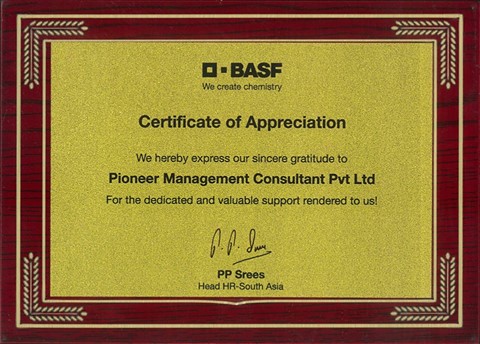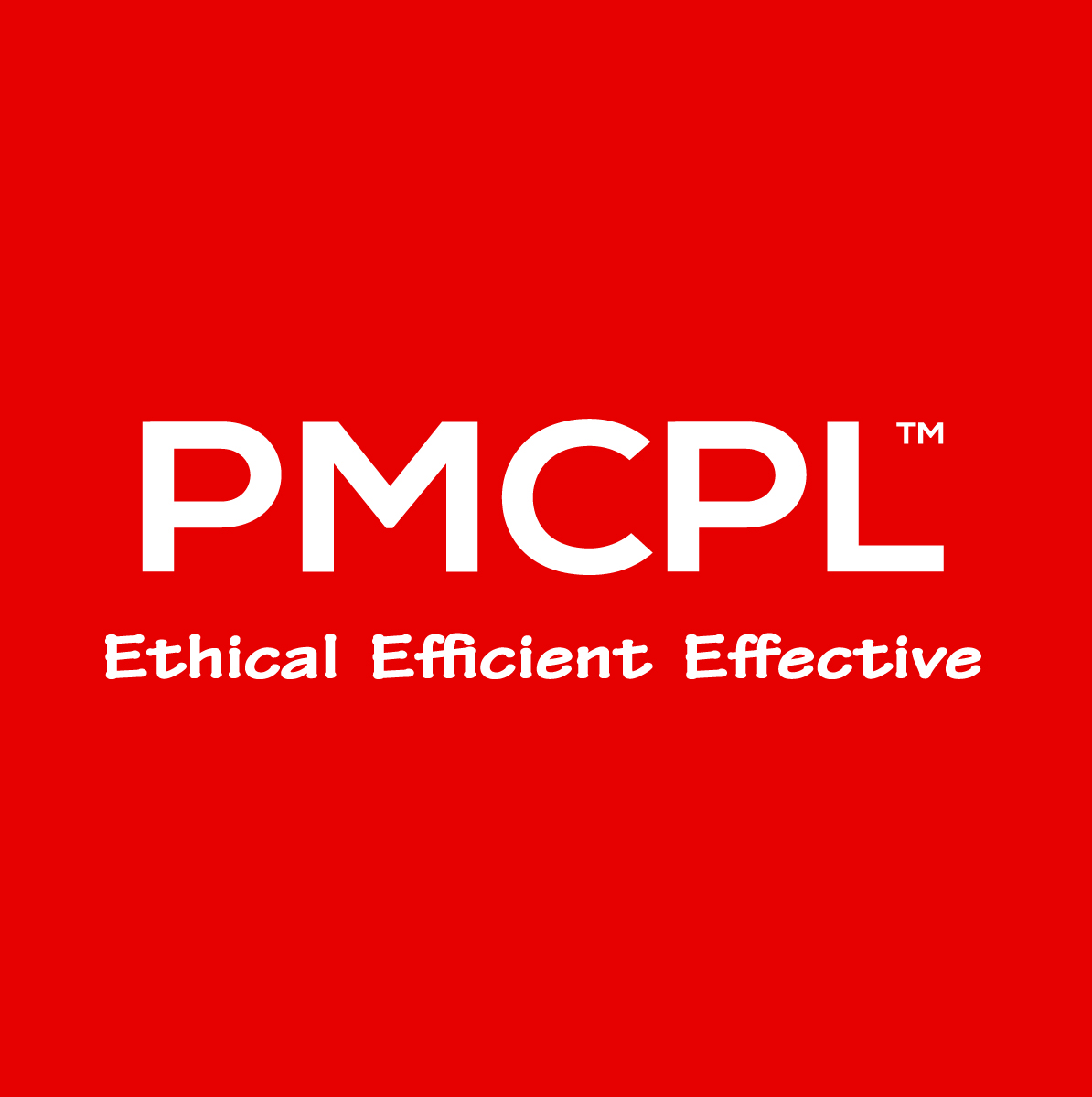Career Break, bane or boon?
To begin with, it is necessary to clarify what we understand when we say “career break”. If you recently lost your job or are actively looking for jobs and that is taking longer than you had assumed. That is not a Career Break. A career break is defined as a decision not to work for three months or longer.
Work gaps are very natural and they cannot be buried under the walls of a bane. Many individuals need a gap to work on themselves, their skills, and their mental health. Therefore on every front, these breaks do provide every individual who decides to take one with tranquility.
The Reality of work gaps
An employment gap is not a big deal but the questions that follow it are, an employer might wonder what was the cause behind that gap in your resume, these questions can include; was the applicant fired? Did the applicant not give notice before quitting? Was there anything illegal involved?
It is very important to be responsible whilst mentioning the break in your resume. At times these breaks do not cause an issue for example instances; if it was brief, recent, or had never happened before, and there was a valid cause.
If your reasons are not any of the aforementioned, these gaps might drag you down.
How to manage a career break?
If your resume break is easy to explain, the best approach is to be direct and honest. You can mention this in your cover letter or add it to your work experience section. You can add an achievement you accomplished during this time only if you are still on break.
If there is an employment gap you are facing and you have been unemployed for longer than you intended, then you should add a professional skill or work approach like volunteering, building a start-up, further education, or freelancing.
If an organization has let you go, you do not have to worry as most hiring managers know the difficulties the job market faces at times. However, you need to explain the reason why you were laid off, be brief and crisp. There are many reasons you imply like there was a large-scale lay-off, there were huge losses incurred due to the pandemic causing a massive shut-down, or the whole department was asked to let go. Furthermore, always add a highlighted summary of all your strong projects and endeavors which would help in diverting the employer’s attention onto your accomplishments instead of the gaps.
There could be personal reasons which might have caused you to take a break, for instance taking care of a close one, having a baby, getting married, or health concerns. These kinds of events are valid and won’t raise further questions. The best method to approach this is to explain these occurrences is to be simple and concise. Also if you have stated your reason be a medical condition make sure you mention that the problem is resolved now.
Also, make sure your Linkedin profiles are in line with your resumes and cover letter. Do not leave your potential employers confused with two different stories. Keep your Linkedin and Resumes analogous.
It is not uncommon for people to have a career break to have a gap in career history and if you do not explain it, it is just going to highlight more. Employers will be diverted away from these gaps faster with an explanation than without one. Every interviewee should exude confidence and honesty, appropriate levels of these two will create the perfect combination creating a persuasive impression of your personality. So always address the break early and then you are set to go.
______________________________________________________________________________________________________________
Pooja Mahabadi - A Journalism pursuant—a delirious, zealous, and passionate content writer.
#careerbreak #employementgap #recruitment #evolution #pmcpl #pioneermanagementconsultantpvtltd



Leave a comment